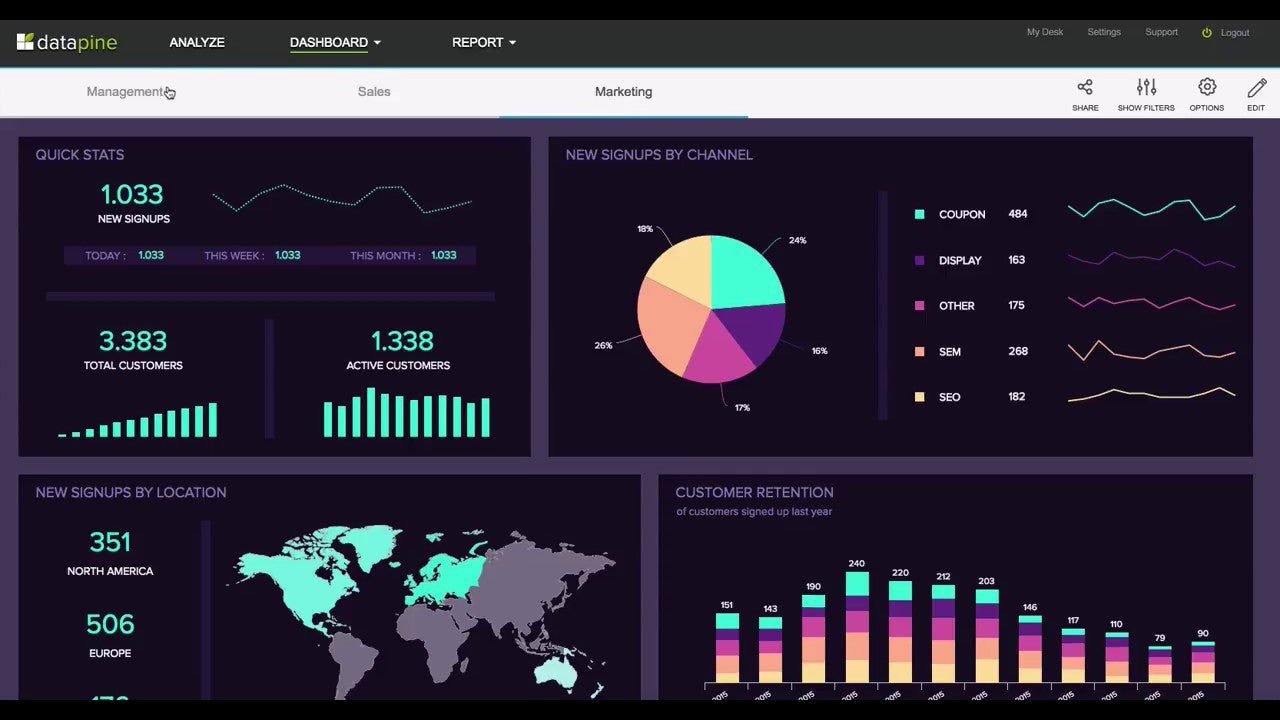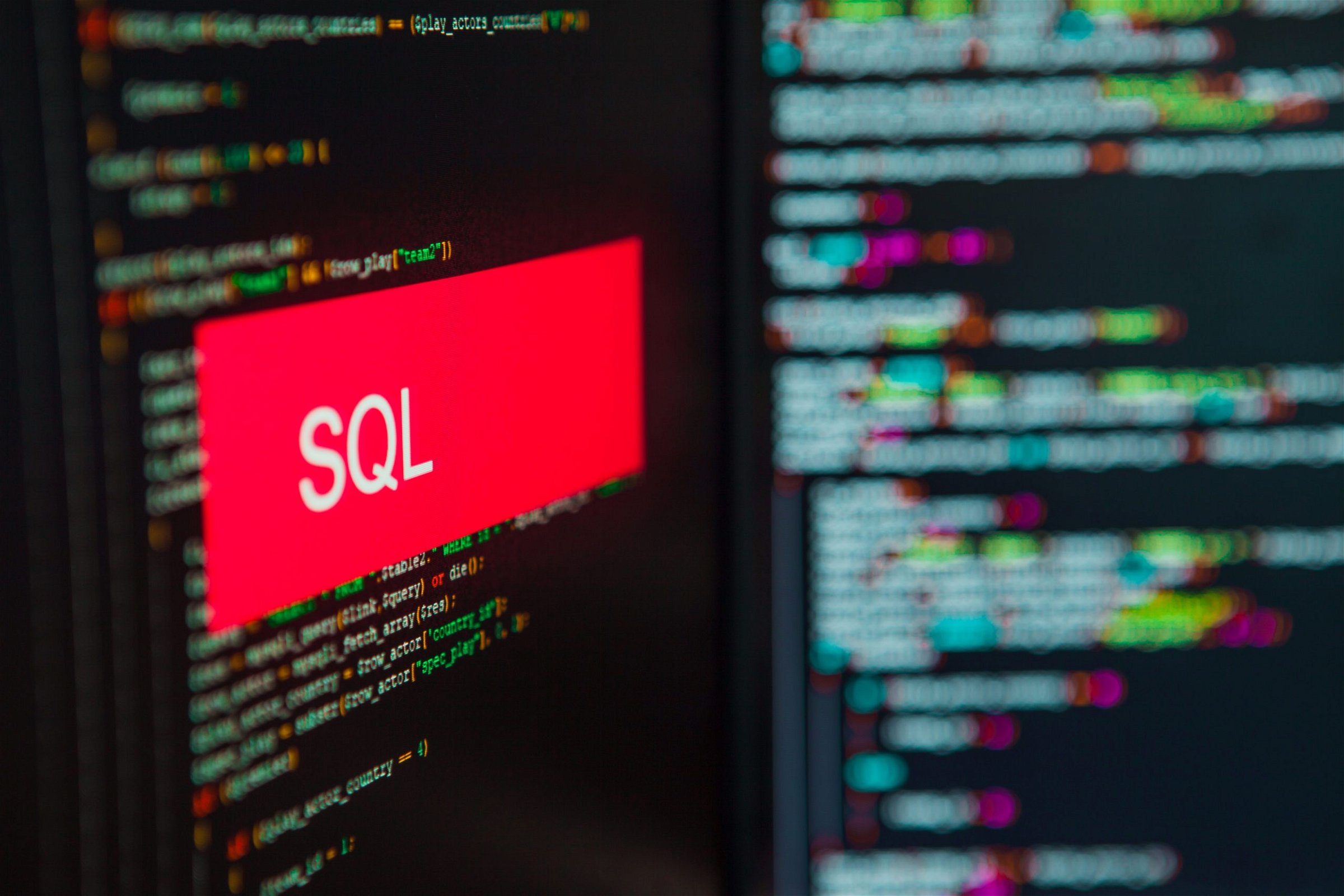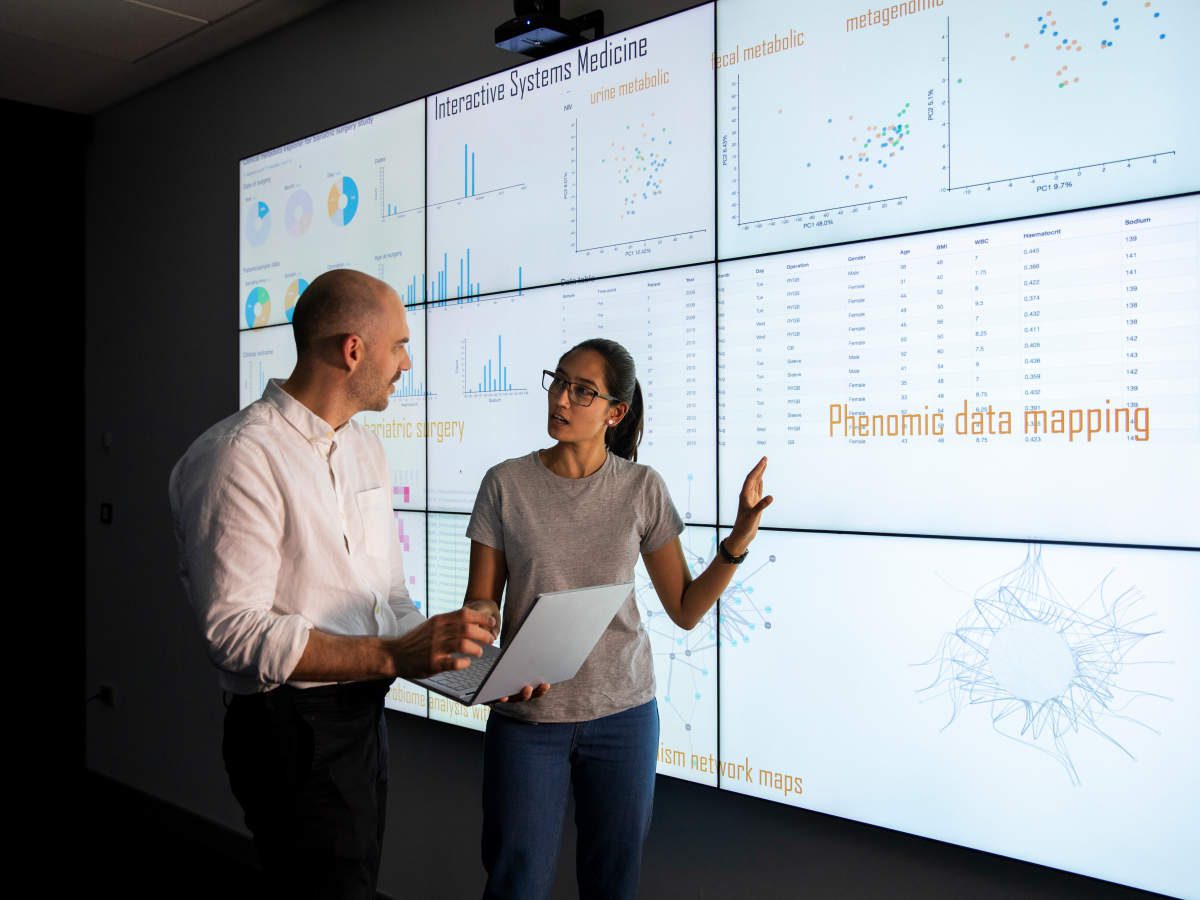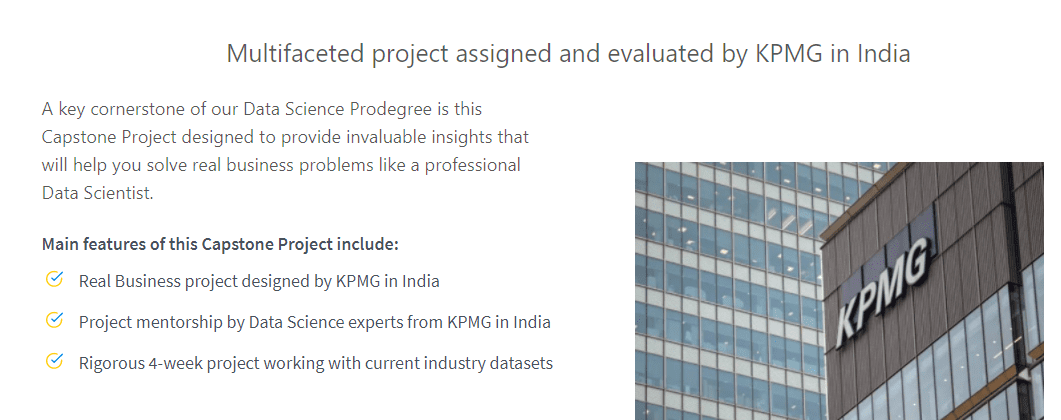A Data Science Certification course can be an excellent way for students to gain the skills and knowledge needed to pursue a career in data science. The course will provide an in-depth overview of data science concepts, techniques and technologies essential for success in this field. Through the certification program, students will develop the ability to manage and analyze large datasets effectively, create visualizations from their findings, build predictive models, and confidently use machine learning algorithms.

By completing a Data Science Certification program, students can access job opportunities at established tech companies and cutting-edge startups that require skilled professionals familiar with data science tools and best practices. Furthermore, they will acquire the technical expertise necessary to tackle real-world problems and develop innovative solutions. With the acquired knowledge, students can pursue various roles, from data analyst to data engineer to data scientist.
By having a Data Science Certification, employers will recognize that you have the skill set needed to succeed in the ever-changing world of Big Data and Analytics. Your certification will also demonstrate that you have taken the initiative to acquire more specific skills related to this field and be committed to learning more.
How can PG in Data Analytics after data science certification help?
A PG in Data Analytics can help students build upon the skills and knowledge gained through completing a Data Science Certification program. This program offers hands-on projects, allowing students to further develop their expertise in data science tools while applying them to real-world scenarios. Students will learn advanced techniques such as natural language processing, deep learning, and image recognition that cannot be acquired through a certification program alone. Additionally, some postgraduate programs guide how to create a portfolio that successfully showcases your capabilities as a data scientist. Finally, the postgraduate program may offer mentorship from industry professionals or networking opportunities with other experts in the field, both of which are invaluable for career growth. Combining a Data Science Certification with a Post Graduate Program in Data Analytics gives students a strong foundation for developing a successful career in this field.
Thus, it is clear that with the help of a data science course with placement and a postgraduate program in data analytics, students can transform their careers and get desirable growth opportunities. With the acquired knowledge and skillset, they will be prepared to take on challenging roles in data science and remain competitive in this rapidly changing field.
How does Learning Hadoop help with Data Science and Data Analytics?
Learning Hadoop can be beneficial for those interested in data science and analytics. Hadoop is an open-source software framework that stores, processes, and analyses large datasets quickly and efficiently. It enables developers to write programs that process massive amounts of data across distributed clusters of computers. By learning Hadoop, students will gain the skills and expertise necessary to build more complex data systems and manage large-scale datasets. Furthermore, when you learn Hadoop online, it allows you to understand the different parts of a data science project, from building an ETL pipeline to producing meaningful insights. Therefore, adding Hadoop to your data science skill set can open up new possibilities for career development.
Making a Career Transition with Imarticus Learning:
Are you looking for an edge in the highly sought-after data science and analytics field? Imarticus Learning has just what you need! Their personalized Postgraduate Program In Data Science And Analytics is designed to give recent graduates and professionals a head start on their careers. You will gain industry knowledge and the practical skills necessary to succeed in this ultra-competitive job market – all while benefiting from guaranteed job assurance upon completion of your program! With 25 real-world projects crafted by experts geared explicitly towards today’s businesses, get ready to make waves as one of tomorrow’s tech superstars starting now with Imarticus Learning.
Course USPs:
- Build a strong foundation of Excel for data analysis
- Summarise data with pivot tables and charts
- Build a solid foundation for programming
- Practice coding skills with 20+ coding questions
- Build a strong SQL foundation for data querying
- Create datasets for data analysis
- Run data analysis process using Python libraries









 Having a good grip on the subject matter will give you an edge over other candidates.
Having a good grip on the subject matter will give you an edge over other candidates. 


 There is a high usage of AI chatbots to get quick solutions to external factors. These chatbots communicate with customers, answer their questions, and record their responses. It is assumed that the usage of chatbots will multiply by 50 times compared to what it was before COVID.
There is a high usage of AI chatbots to get quick solutions to external factors. These chatbots communicate with customers, answer their questions, and record their responses. It is assumed that the usage of chatbots will multiply by 50 times compared to what it was before COVID.

